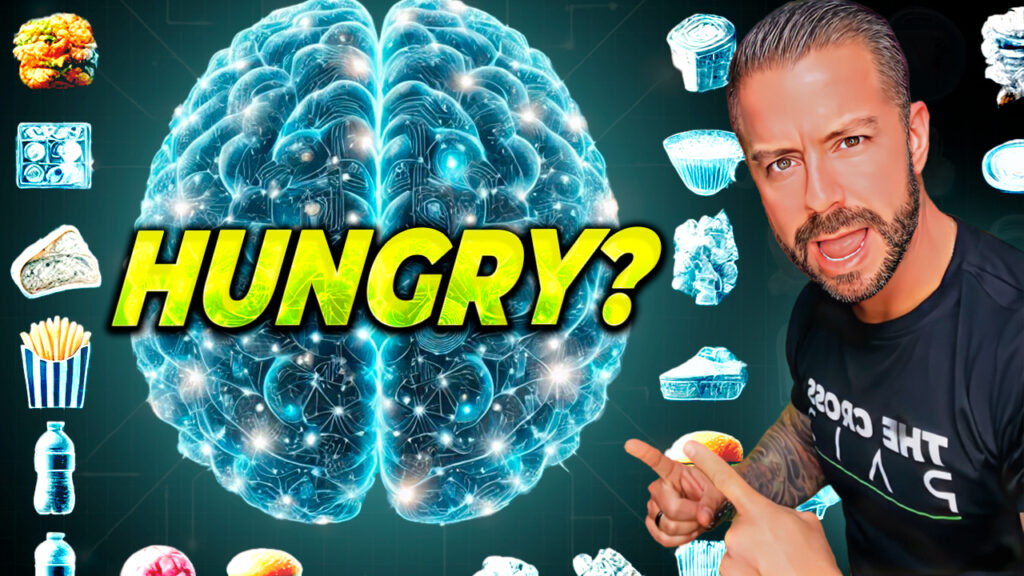How to Master Your Hunger: The Difference Between Mental and Physical Hunger
Introduction
Managing hunger is one of the toughest aspects of weight control and maintaining a healthy relationship with food. Many people face sudden cravings, often caused by boredom, stress, or happiness. But here’s the catch—not all hunger is physical. Much of what we feel as “hunger” comes from mental and emotional triggers, not true physical need. Learning to distinguish between mental hunger and physical hunger is crucial for mastering your eating habits and achieving long-term wellness.
What Is Mental Hunger?
Mental hunger is a form of emotional hunger triggered by feelings like stress, anxiety, or boredom. This kind of hunger doesn’t come from your body’s need for fuel but from emotional cues, leading you to crave comfort foods or snacks. For example, ever notice how you reach for chocolate or chips when you’re stressed or upset? That’s mental hunger.
What Is Physical Hunger?
Physical hunger, on the other hand, stems from your body’s actual need for food. It builds gradually and can manifest through signs like a growling stomach, low energy, or irritability. When you’re physically hungry, you will likely eat whatever food is available, as your body is signaling that it needs fuel.
The Subconscious Mind and Hunger
JT Tapias, a nutrition coach and creator of the Empty Your Bucket Nutrition Plan, explains that the subconscious mind plays a significant role in hunger cravings. Emotional and habitual patterns embedded in the subconscious can trigger mental hunger, often leading to emotional eating. When you suppress these cravings without addressing the underlying issues, they can return with greater intensity, often sabotaging your progress.
A Real-Life Story: How Mental Hunger Can Overcome Willpower
JT Tapias shares the story of one of his clients who lost 25 pounds by strictly following a nutrition plan. However, after reintroducing some of the foods he had previously avoided, his cravings returned, leading to a 10-pound weight gain. This case highlights how powerful mental hunger can be if not handled properly. Emotional eating can easily undo weeks or months of progress.
How to Master Your Hunger: A Two-Step Approach
To overcome mental hunger and regain control of your eating habits, JT Tapias recommends the following approach:
- 42-Day Detox: The first step is a 42-day period of abstinence from foods you’re emotionally dependent on. This detox phase allows your brain to reset and diminish the power of mental cravings. While this process might take 6 weeks, some people start feeling more in control within 10 to 12 days.
- Feed Your Body Nutrient-Dense Foods: Physical hunger can still be powerful, so it’s essential to fuel your body with nutrient-dense foods. Focus on lean proteins (like chicken, turkey, or fish), healthy fats (like avocados and olive oil), and fiber-rich carbohydrates (from vegetables and salads). These foods provide lasting energy and help curb cravings for unhealthy, sugary snacks.
Final Thoughts: The Key to Mastering Hunger
Learning how to manage mental and physical hunger is a critical step in overcoming emotional eating and building a healthier relationship with food. By addressing the emotional triggers that cause mental hunger and satisfying your body with the right nutrients, you can regain control and make better choices.


